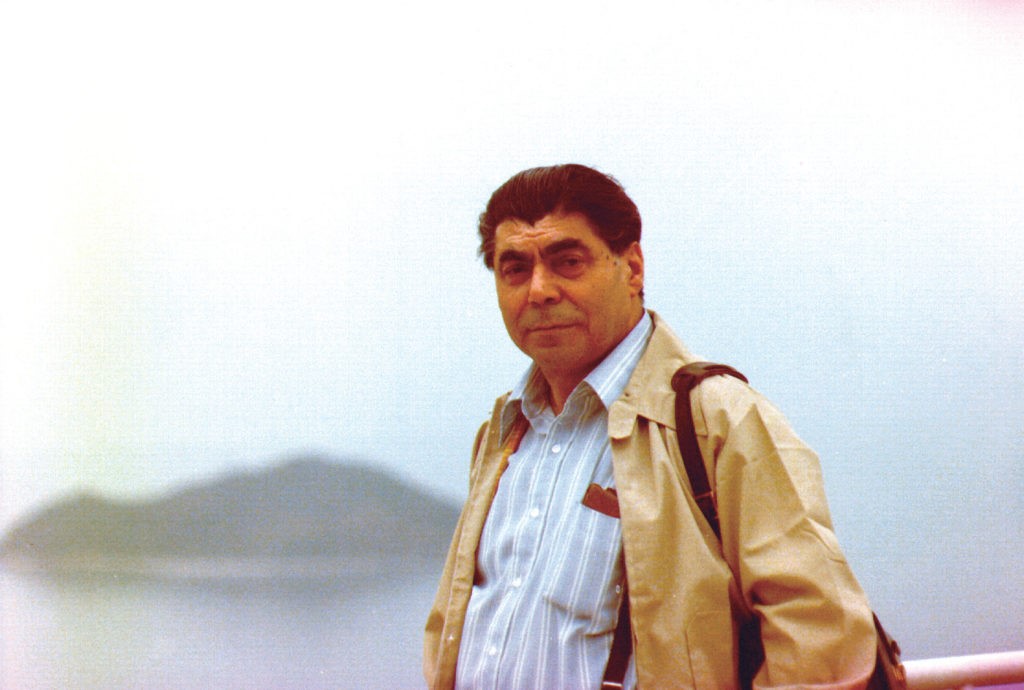– Marco Carvalho
A well deserved tribute to a musician like no other. This is how Aurelio Porfiri, an Italian maestro and composer who lived in Macau between 2008 and 2015, sees the acknowledgement given last weekend by Saint Pius X Music Academy to its founder and main promoter, Father Áureo Castro.
The Academy released last Saturday a CD of works by the Azorean priest and composer. The album, which was launched in a ceremony held at the Episcopal Palace, gathers 27 of the best-known works of Father Castro. Porfiri argues that it can make a decisive contribution so that his musical legacy transposes the territory’s borders.
“I certainly believe, and I have always shared this opinion with everyone, that he was a very skilled composer. It is difficult for people that are not into the tradition of music composition to evaluate the importance of a composer. But when you know that tradition, you can easily see that he was certainly a very good composer,” the Italian composer told O Clarim.
Aurelio Porfiri considers Áureo da Costa Nunes e Castro (1917-1993) an inescapable name in the history of music in Macau. The clergyman and teacher is the most distinguished representative of a long line of musicians associated with the Seminary of St Joseph and the local Catholic Church. The Italian maestro recalls: “Father Castro’s legacy is important in the sense that he has tried to open a path for the appreciation of good liturgical music.”
“There were other before him – let us not forget the Fathers Maberini and Schmid in the first half of the past century, or Luigi Antinori, a Roman who was music master in Saint Joseph Seminary before them – but Father Castro was the most skilled composer of all of these, no doubt about that,” the Roman maestro – a fellow of Trinity College London in Music Composition – ascertains.
The album released on Saturday was sponsored by the Macau Foundation and brought together about two hundred musicians and performers, who thus honored one of the great promoters of classical music education in the Macau. Distinguished by a great sense of proportionality and balance, the works created by Áureo Castro perfectly fit the Catholic liturgy: “His compositions are well written, with the right balance in choosing the correct music material to represent the musical idea and very well fit to Roman Catholic liturgies,” Mr. Porfiri explains. “His work is mainly known amongst his former students and disciples, but I always hoped he may be more known especially outside Macau. I am sure this will help his importance to grow,” the Italian composer concludes.
Among the 27 compositions that make up the album, one can find original songs for soprano and piano and a recording of the Fishermen’s Song, performed by the Polyphonic Choir Group, in a concert dating to 1985 and directed by the composer himself. The Saint Pius X Music Academy presented the works saying, “This recording represents an invaluable contribution to the study and preservation of the musical memory of Macau.” Aureo Castro and the Italian priest César Brianza founded the school in 1962.


 Follow
Follow


